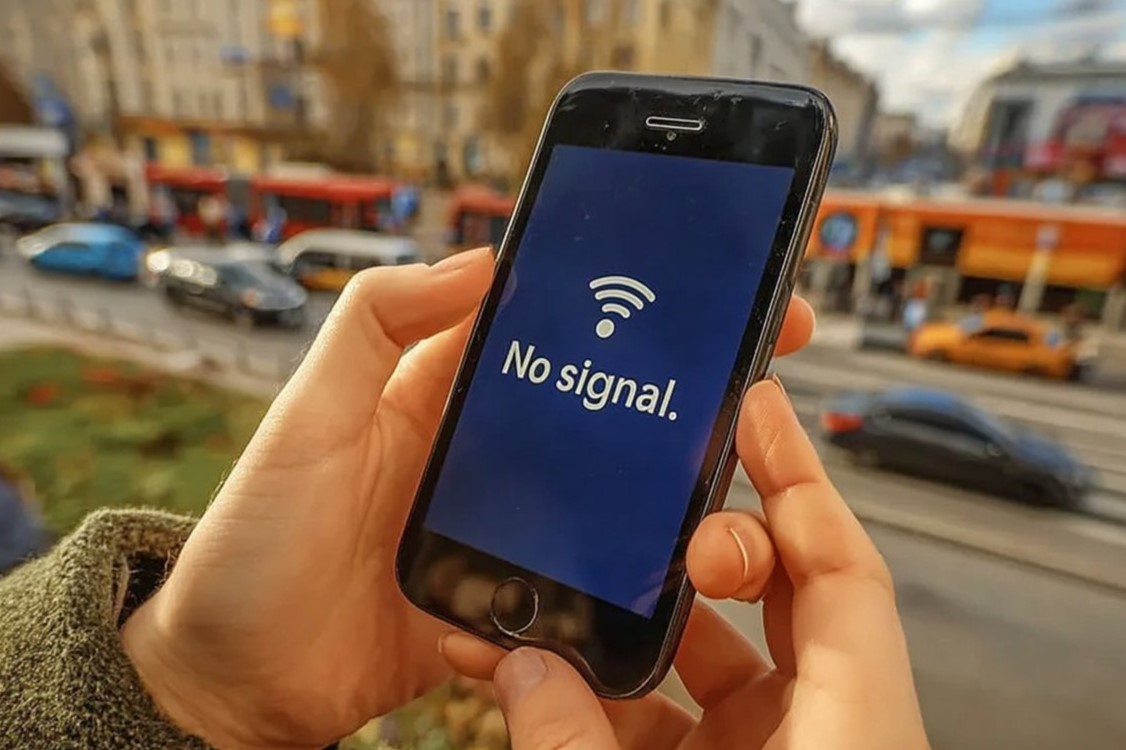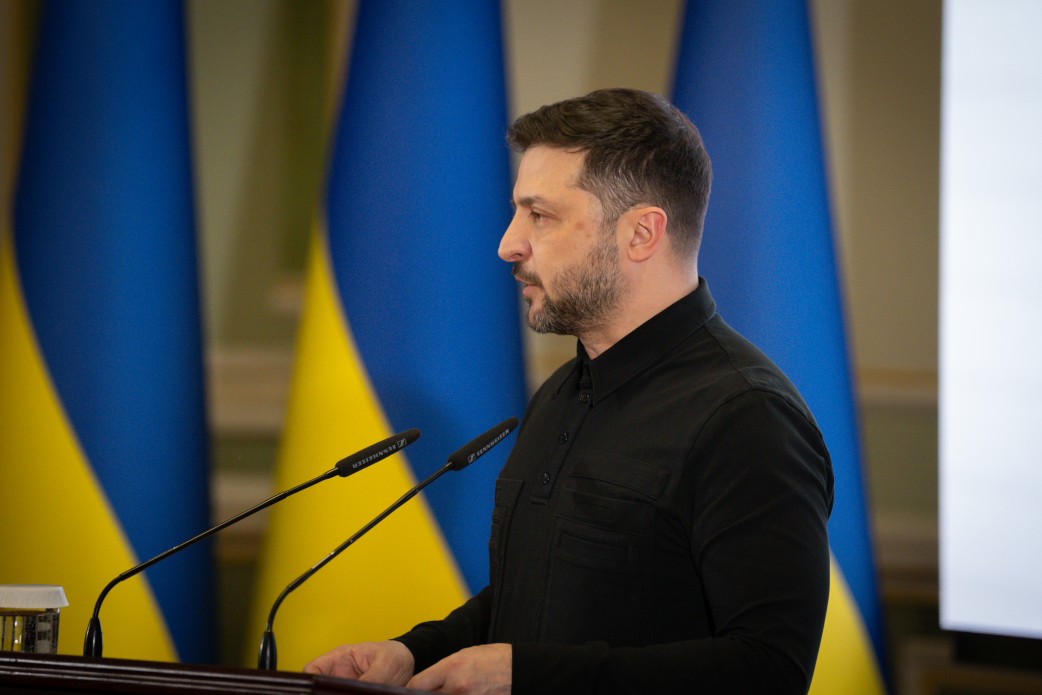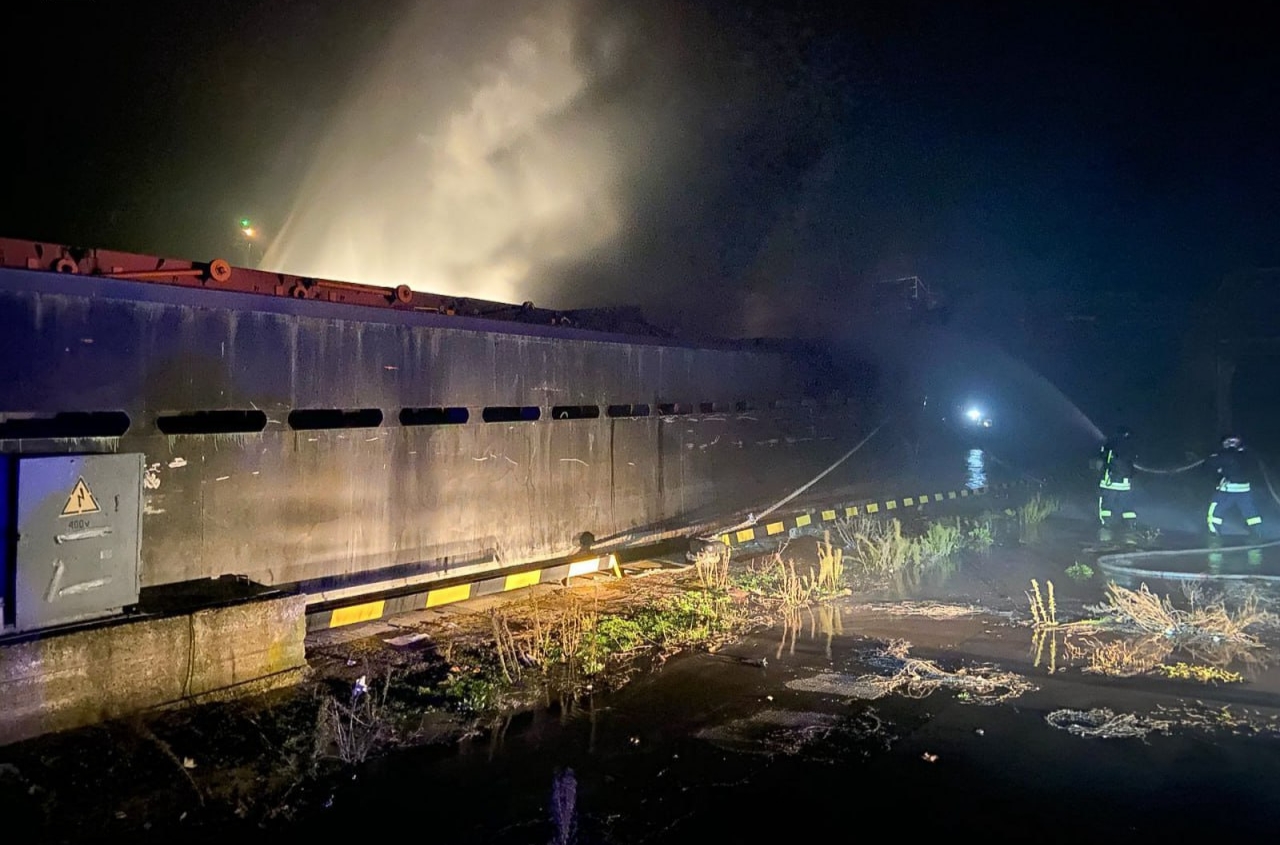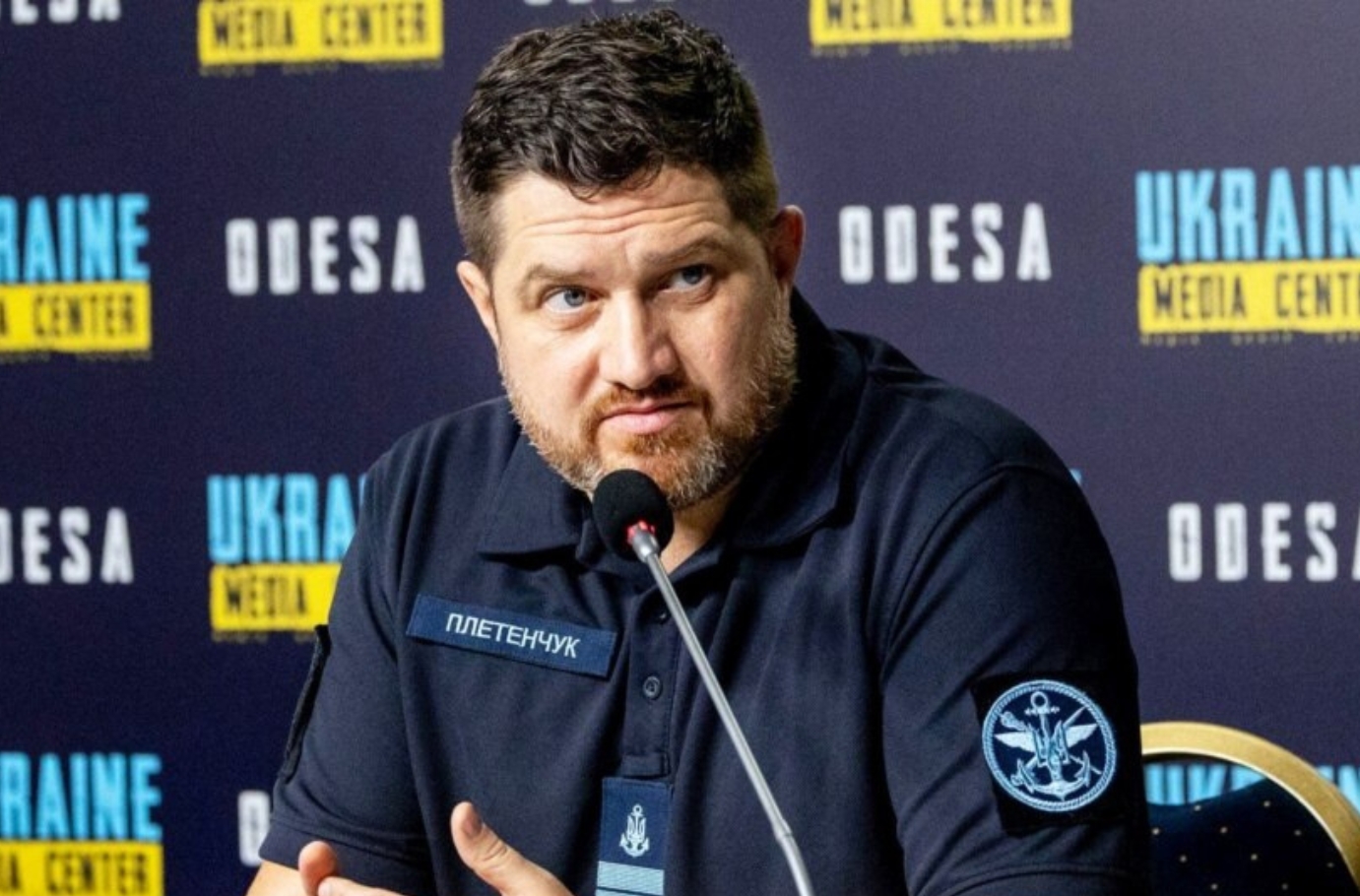In 2023, after military coups toppled governments in the former French colonies of Burkina Faso, Niger, and Mali, Russia quickly signed a Memorandum of Understanding on nuclear energy, potentially paving the way for atomic expansion, as reported by RealClear Energy.
Russia and Nigeria began negotiations in 2011 on an agreement for the design, construction, operation, and decommissioning of Nigeria’s first nuclear power plant. Nigeria later selected two potential sites, and in 2019, Rosatom signed an agreement to develop nuclear energy in Nigeria for peaceful purposes.
In 2014, Russia signed a strategic partnership agreement with South Africa worth $50 billion, aimed at significantly increasing nuclear power capacity. Rosatom promised to supply up to eight nuclear reactors to South Africa by 2023, enabling the construction of the continent’s first new nuclear power plant based on Russian technology. (The only operational South African plant, Koeberg, was built by the French company Areva.)
However, in 2017, a South African court declared the deal illegal and unconstitutional.
In 2023, South Africa announced plans to build new nuclear power plants, with Rosatom as the preferred partner. In February 2025, amid cooling relations with the U.S., President Cyril Ramaphosa stated intentions to strengthen cooperation with Russia and potentially Iran in nuclear energy. The government plans to expand Koeberg by 2,500 MW and build a new 4,000 MW plant in Duynefontein. This is also linked to the expiration in 2022 of the U.S.–South Africa nuclear fuel supply agreement.
Meanwhile, neighboring Namibia, already a major oil producer and uranium exporter, reportedly sought a nuclear agreement with Russia in April. Namibia could supply up to 10% of global nuclear fuel demand, with uranium production increasing. In August, Namibia supported its application to join the Nuclear Suppliers Group, an international organization that sets rules for nuclear technology and material exports to prevent weapons proliferation.
Russia is actively developing nuclear cooperation across Africa. In 2022, Morocco signed an agreement to support nuclear power plant construction, Egypt is completing the $30 billion El-Dabaa nuclear project, and Zimbabwe plans to install small modular reactors to increase capacity from 2,600 to 4,000 MW by 2035. Mali is preparing a 200 MW solar–nuclear hybrid project, and Ethiopia is considering nuclear plant construction.
Russia also reached agreements with Rwanda for nuclear power plant construction and specialist training, with Burundi for nuclear infrastructure, regulation, research, and radioisotope production. Zambia is establishing a nuclear science center, and Uganda, under a 2019 agreement, is developing infrastructure, radioisotopes, and workforce training for uranium development by 2050. In 2024, Russia signed an agreement with Guinea on floating nuclear power units to supply the Baimsky GOK




















